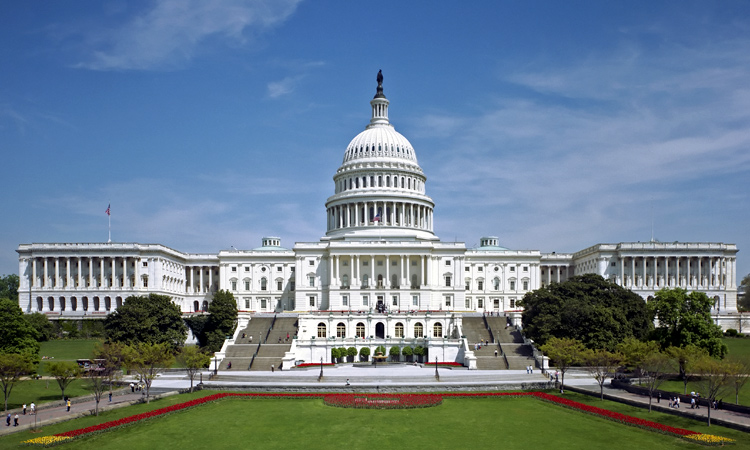By William S. Becker
Donald Trump will not be the first elected leader who wants to fix inefficiencies and waste in government. But will he do it to benefit the American people or the authors of Project 2025? The two motives would produce vastly different outcomes.
Waste and inefficiency are present in any large organization, and the U.S. government is one of the biggest. Its 2024 budget was $6.75 trillion; it spends over $760 billion annually on goods and services, making it the world’s largest single consumer.
Other national leaders have attempted to ferret out waste. In 1975, Sen. William Proxmire (D-Wisc.) introduced his monthly Golden Fleece Award to highlight questionable government spending. He found enough boondoggles to issue the “award” 168 times.
Proxmire panned the National Science Foundation for spending $84,000 to study love; the Justice Department for spending $27,000 to study why prisoners want to get out of jail; the Postal Service for spending $3.4 million to urge people to write more letters; the Federal Aviation Administration for spending nearly $58,000 to study the measurements of 432 airline flight attendants; and the National Science Foundation for determining whether sunfish get more aggressive after drinking tequila or gin.
In 1984, President Regan created the Grace Commission, a cost-cutting initiative that involved more than 2,000 corporate CEOs, management consultants and leaders from diverse sectors. They produced 2,478 recommendations; Reagan adopted many and saved more than $100 billion.
Now comes Trump. He’s asked the world’s richest man, Elon Musk, and billionaire Vivek Ramaswamy to hunt for savings. However, their priorities are likely to be different from those of the bottom 90 percent of Americans, including the blue-collar workers and degreeless people who voted for Trump.
Trump has appointed one of Project 2025’s authors to direct the Office of Management and Budget — a signal that the controversial hyper-conservative blueprint will significantly influence his priorities. So will Trump’s own biases, with potentially devastating effect. For instance, a Lancet commission concluded in February 2021 that 40 percent of the Americans who died from COVID-19 had done so because Trump dismissed the advice of health experts.
Trump also has little interest in clean energy technologies and climate change, even though the reality of global warming — and the considerable benefits of fighting it — are indisputable. He has said he wants to roll back the clean energy incentives in the Inflation Reduction Act. But the Treasury Department estimates the IRA would generate $137 billion in climate benefits for America over the next six years, help the U.S. avoid $2.5 trillion in damages, and save nearly $50 billion in healthcare costs, lost workdays and hospital admissions related to air pollution in 2030 alone.

